Last Updated on 07/10/2013 by Gevon Servo
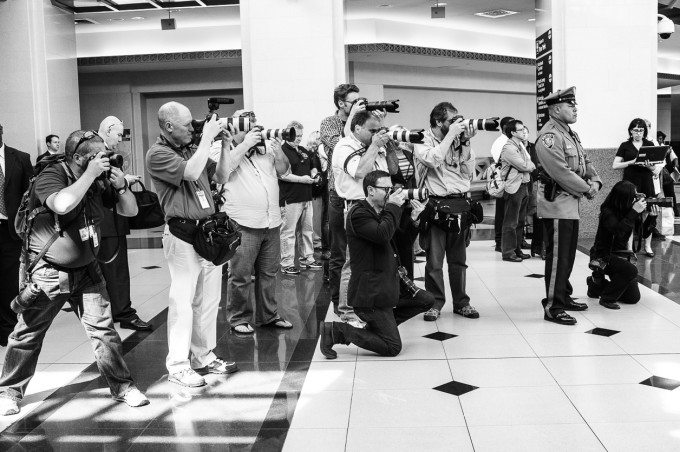
During my time as a photographer I’ve had the luxury of working with a lot of great people and a few bad. I have also had the opportunities to take interesting classes and participate in huge photo walks. Something I had to learn is how to deal with other photographers. There are a lot of things to consider, and here are some of the things I have learned over time.
Gear
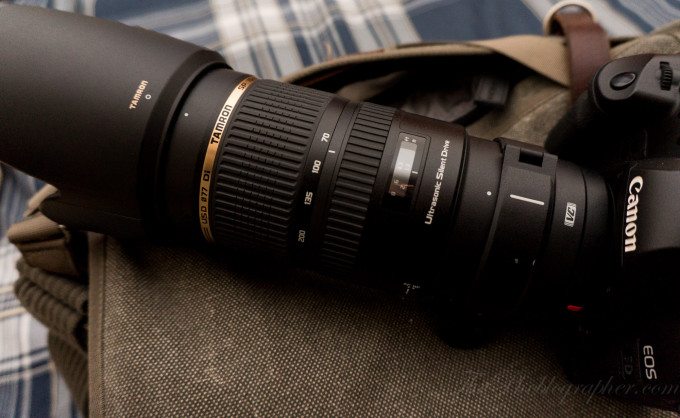
Something I’ve when learned when working with other photographers is that it’s good to have the right gear. This is especially important in competitive environments. When it comes to what cameras and lenses you use, that depends on the situation. Simply put, if you are shooting in a tight environment, you may not want to carry something big like aTamron 24-70 f2.8 when a Sigma 50mm f1.4 will do most of the time if you just know how to use it correctly.
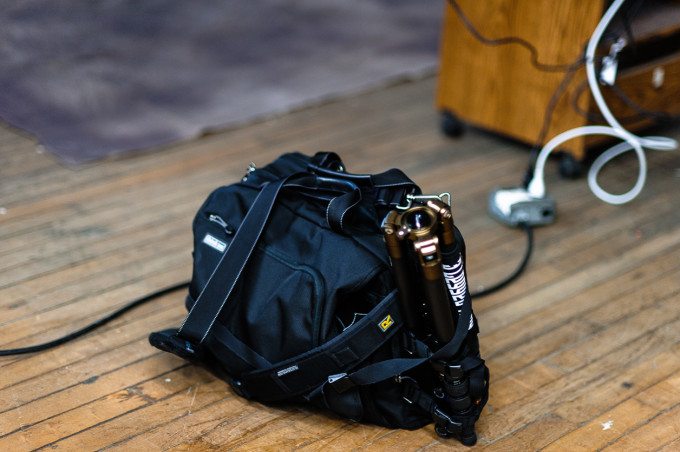
When it comes to things like your bags, no matter which you carry, you want to clearly mark it as yours. You can use a patch or something unique to you. There is a chance that if you use a popular bag like the Think Tank Urban Disguise 60v2, another photographer will have one. At a major event I worked at not too long ago, this happened. I thought some one was going through my bag. When I walked over it was not mine. I have unique attachments that makes my bag stand out up close.

Something extremely important in events, especially the competitive ones, is a good neck strap like a HoldFast Gear RuckStrap , a sling strap like the Black Rapid RS 7 or a wrist strap like Op/Tech SLR Wrist Strap. If you are bumped or tripped there’s a better chance you will not drop your gear.
Workshops and Photo Walks
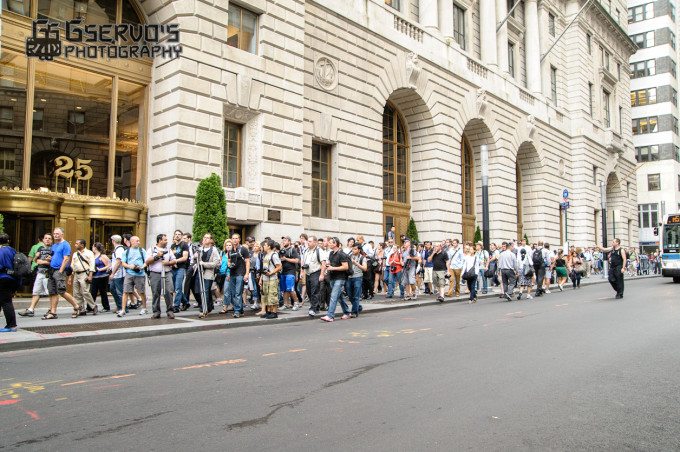
No matter your skill level, we all participate in workshops or group photo walks. It does not matter what you are learning or where you are walking: everyone participating is shooting similar subjects or learning the same thing. The key is not to mess up other people’s experiences. There will be someone who knows less and someone who knows more. This is a simple truth. If they invested time and/or money to be there, show them respect. Don’t hog a subject, let everyone have a turn at getting a shot. Don’t brag about your gear. A class or a photo walk is about creating images, not what you create the images with (unless it’s a class specifically about gear, still don’t brag).
Events
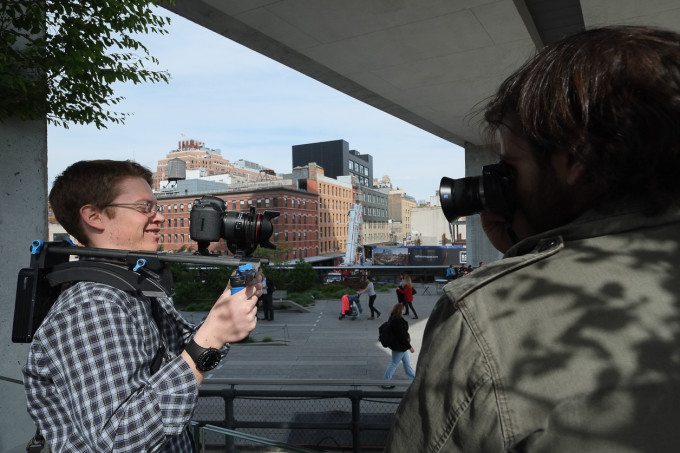
When shooting at an event with other photographers, there is a lot you have to keep in mind to get clean images. A certain amount of alertness and respect is required to keep the other photographer out of your image. You also have to be aware so that you are not using your flashes at the same time. It’s a game of chess. You have to think a few steps ahead of the photographers around you. But that can get tricky if you are trying to get the same shot. At this point you may have to take multiple shots to get one that’s clean.
Photographer Pools and Pits
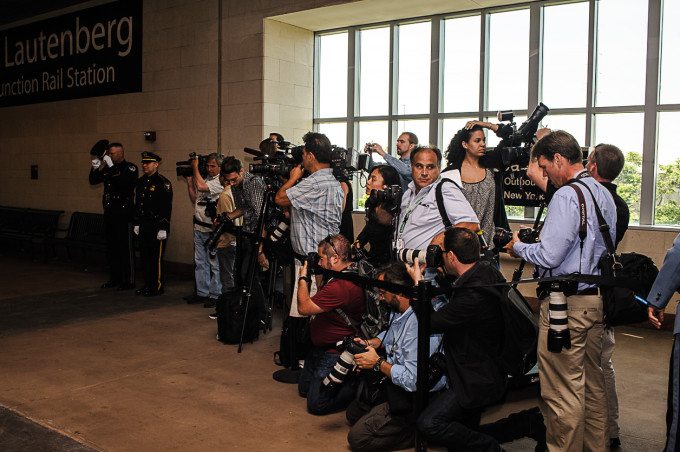
If you are working with a photojournalist, things can get ultra-competitive and exceptionally mean, sadly, really fast. Everyone with a camera covering an event is trying to get the best shots captured as efficiently as possible. The photojournalism world is full of fear at the moment. Many companies are changing the way they work. The most important thing to remember is to stand your ground. You don’t have to be cruel to anyone, but you do have to be firm. Move fast and get your shot. You should be as streamlined as possible. Have your gear ready and know what you are shooting before you even step in the room. Having a clear purpose will help you frame your shots, capture them, and move on to the next.
Parents
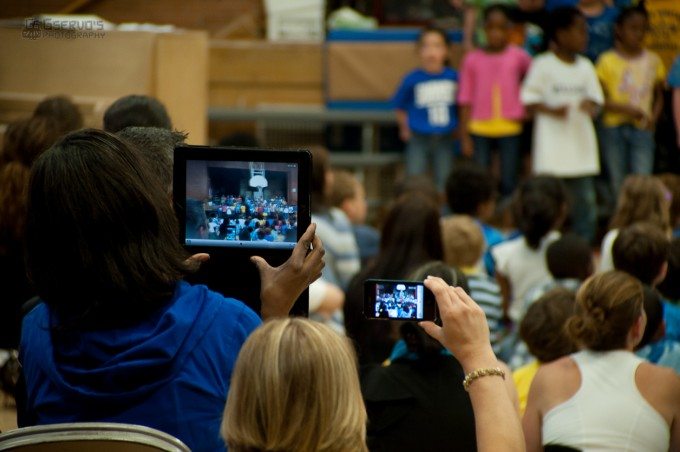
Parents can be completely cut throat at times. It’s the honest truth. To get a shot of their children they will knock you down if you are not careful. I have written on this subject before. Many parents have cameras now. They’re not just using their phones. I have found in my experience as a parent that you should get there earlier, get a decent seat and be still. Also be willing to share your images with other parents, they will tend to help you at that point.
As an Assistant
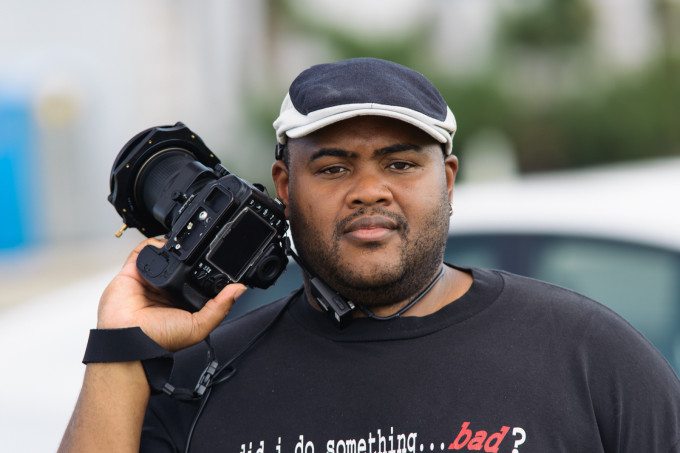
First off, when you are assisting other photographers, don’t assume they are better than you. Assisting is not always about learning to be a better photographer. It’s about helping. Granted, it is nice to take something away from it educationally. The first thing an assistant needs to do is check their ego. Find out what needs to be done, and do it. It’s that simple. Before a shoot, find out what your role will be and what you will need in order to fulfill it. Follow the lead of the person who hires you, and if you take shots give them back in a timely manner. You don’t have to be spineless, just respectful.
With Assistants
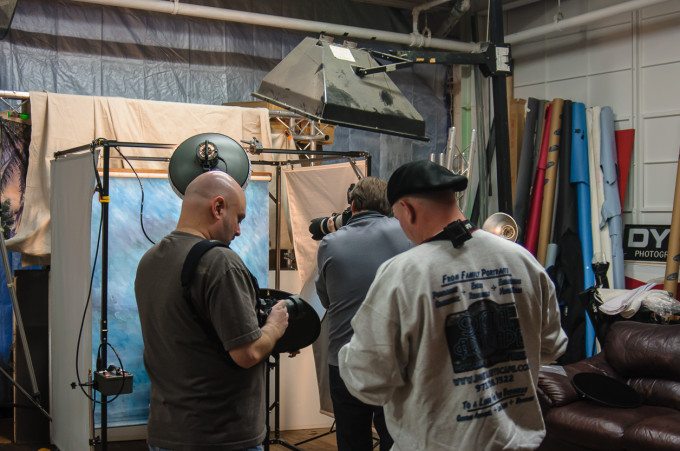
Assistants are there to help. Whether they are paid or not, they deserve respect. Assistants are being asked to put their skills and egos to the side to help a photographer produce their vision. Some are there to learn, others need a little pay to help them along in their photography endeavors. A photographer must be clear in what they want from their assistant. If you want a light to be held a certain way, it must be said. If you want something to be given to you at a particular time, then be specific. It helps things run smoothly and it helps you achieve your visions much more efficiently.
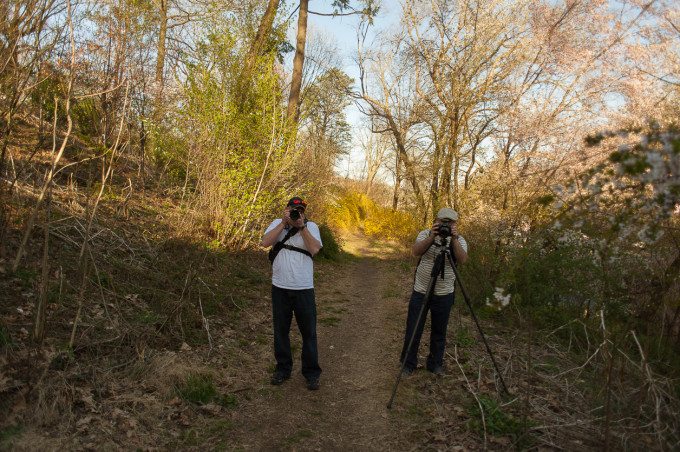
Another thing a photographer must do is be willing to listen to their assistant. They are an extra set of eyes that may catch something you over looked or may have an interesting insight to what you are doing. You don’t have to accept everything they share but it does not hurt to listen.
In the End
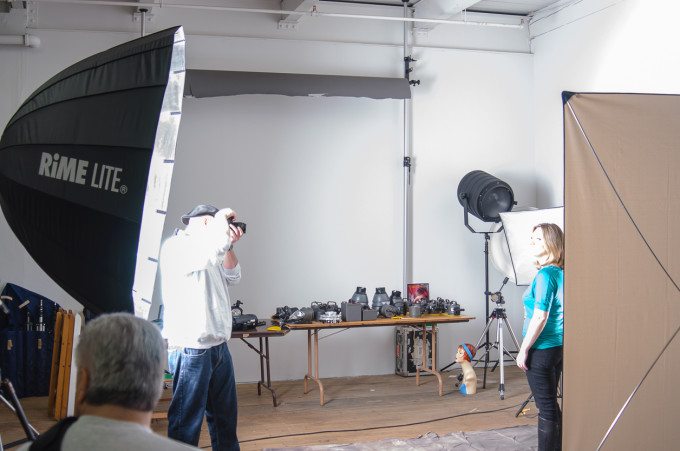
The most important thing is don’t be a *bleep* to other photographers. It does not matter if you are a seasoned veteran of the field or just picking up a camera for the first time. We are all trying to make it in the photography world in some shape or form.
Please Support The Phoblographer
We love to bring you guys the latest and greatest news and gear related stuff. However, we can’t keep doing that unless we have your continued support. If you would like to purchase any of the items mentioned, please do so by clicking our links first and then purchasing the items as we then get a small portion of the sale to help run the website.
Also, please follow us on Facebook, Flickr and Twitter.

